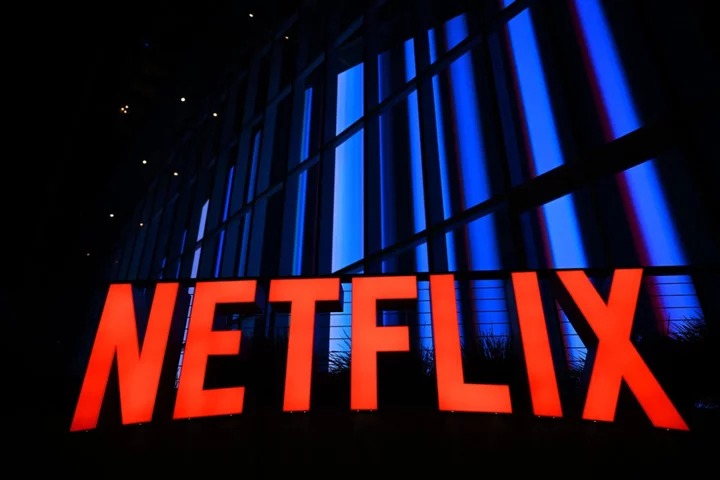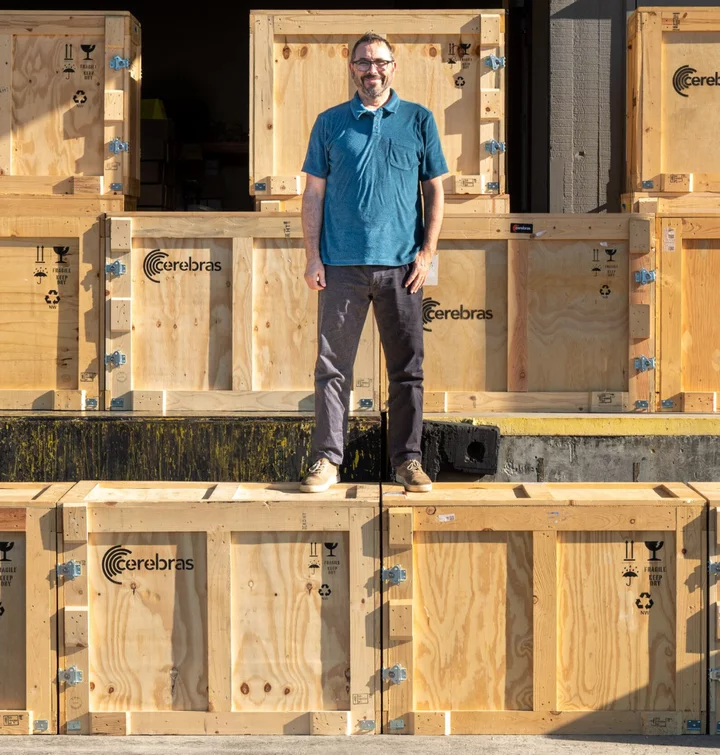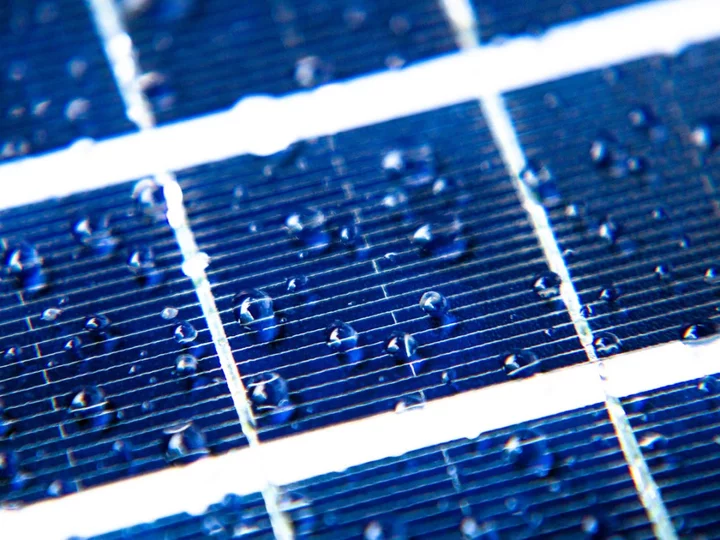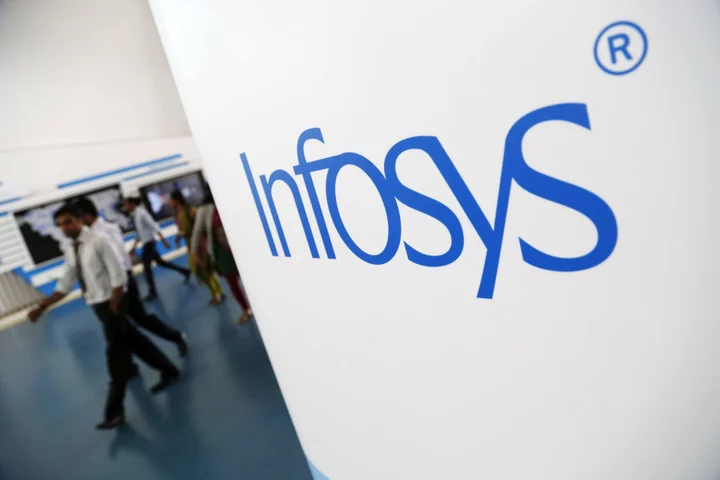
Netflix subscriber growth soars as password sharing crackdown continues to work
Netflix has seen its subscriber base grow rapidly – suggesting its crackdown on password sharing has gone even better than expected. The company has launched a range of schemes intended to encourage more people to sign up, amid slumping user numbers. They include a cheaper version of the streaming service with ads, but also a password sharing crackdown that proved controversial among users who characterised it as invasive or mean. It appears to have worked to encourage users to sign up, however. The company said in its latest results that it had added 5.9 million users, almost three times what analysts had expected. Netflix ended June with 238.4 million worldwide subscribers. Investors seemed unsatisfied, perhaps rattled by management commentary in a shareholder letter warning “quite a competitive battle” continuing to unfold against the backdrop of ongoing strikes by both the writers and actors union in the US that is already bogging down much of Hollywood and threatening to clog the pipelines feeding entertainment to streaming services. Netflix's stock price fell 4 per cent in Wednesday's extended trading. The decline also could have reflected some investor locking in profits that have accrued while the shares have climbed by more than 50 per cent so far this year. The second-quarter performance marked Netflix’s biggest spring —- traditionally the company's slowest stretch of growth — since gaining 10 million subscribers during the same period in 2020 under dramatically different market conditions. In 2020, people were still largely stuck at home and looking for ways to keep themselves entertained while governments around the world struggled to find a way to contain the spread of pandemic. Now, Netflix finds itself trying to bounce back from a growth slowdown amid stiff video streaming competition and inflationary pressures that have caused many households to clamp down on spending, especially on discretionary items such as entertainment. As an antidote, Netflix last year introduced a low-priced option that includes commercials and then began to block the rampant sharing of passwords that has enabled an estimated 100 million people worldwide to watch its TV series and films for free. Freeloading viewers are now being required to open their own accounts unless a subscriber with a standard or premium plan agrees to pay an $8 monthly surcharge to allow more people living in different households to watch. In its shareholder letter, management said the crackdown on password sharing is resulting in a “healthy conversion of borrower households into full paying Netflix memberships.” And Netflix still isn’t done tinkering. As part of Wednesday’s earnings release, Netflix also revealed it’s phasing out its cheapest ad-free plan – a service that costs $10 in the U.S. Existing subscribers already paying for this basic plan will be allowed to keep it. The shift appears designed to get more people to switch to the $7 monthly plan that includes commercials in hopes of boosting ad revenue or sign up for its $15.50 monthly standard plan or $20 monthly premium plan. “While we’ve made steady progress this year, we have more work to do to reaccelerate our growth,” Netflix management told shareholders in its letter. The pricing changes that have already been made helped Netflix boost its second-quarter revenue by 3% from the same time last year to $8.2 billon, falling below analyst forecasts. Netflix earned $1.49 billion during the period, compared with $1.44 billion last year. But earnings per share came in at $3.29 per share, eclipsing the average analyst estimate of $2.85 per share, according to FactSet. Netflix didn't delve into the potential fallout from the current walkout by in the U.S. by writers and actors. The dispute revolves revolve largely around the payment system used in video streaming and the rise of artificial intelligence technology threatening to exploit the work of humans and eventually replace them. Unlike traditional movie and TV studios in the U.S., Netflix has been able to keep feeding its entertainment pipeline with shows that it has been able to use to keep luring in and retaining subscribers. Additional reporting by AP Read More Stolen ChatGPT accounts for sale on the dark web Geothermal breakthrough uses oil drilling tech to tap renewable energy Solar panel tech breakthrough generates electricity from rain Stolen ChatGPT accounts for sale on the dark web Geothermal breakthrough uses oil drilling tech to tap renewable energy Solar panel tech breakthrough generates electricity from rain
2023-07-21 00:22

Stolen ChatGPT accounts for sale on the dark web
Hundreds of thousands of stolen login credentials for ChatGPT are being listed for sale on dark web markets, security researchers have warned. Cyber security firm Flare discovered over 200,000 OpenAI logins on the dark web – a section of the internet unreachable through conventional web browsers – offering criminals a way to access users’ accounts or simply use the premium version of the AI tool for free. The Independent has reached out to OpenAI for further information and comment. The AI firm previously defended its security practices after a smaller batch of credentials were discovered online. “OpenAI maintains industry best practices for authenticating and authorising users to services including ChatGPT,” a spokesperson said last month. “We encourage our users to use strong passwords and install only verified and trusted software to personal computers.” The listings come amid a surge in interest in generative artificial intelligence from malicious actors, with discussions about ChatGPT and other AI chatbots flooding criminal forums. Research published in March found that the number of new posts about ChatGPT on the dark web grew seven-fold between January and February this year. Security firm NordVPN described the exploitation of ChatGPT as “the dark web’s hottest topic”, with cyber criminals seeking to “weaponise” the technology. Among the topics under discussion were how to create malware with ChatGPT and ways to hack the AI tool to make it carry out cyber attacks. Earlier this month, researchers discovered a ChatGPT-style AI tool with “no ethical boundaries or limitations” called WormGPT. It was described as ChatGPT’s “evil twin”, allowing hackers to perform attacks on a never-before-seen scale. “ChatGPT has carried out certain measures to limit nefarious use of its application but it was inevitable that a competitor platform would soon take advantage of using technology for illicit gain,” Jake Moore, an advisor at the cyber security firm ESET, told The Independent. “AI chat tools create a powerful tool but we are wandering into the next phase which casts a dark cloud over the technology as a whole.” Read More Llama 2: How Mark Zuckerberg’s new ChatGPT rival could lead to ‘obscene’ AI ChatGPT creator withholds latest AI over fears it’s too powerful Meta unveils its ChatGPT rival Llama Elon Musk reveals plan to use AI to reveal mysteries of the universe
2023-07-20 23:22

Biden’s NSA Nominee Warns of Growing Security Threats From AI
President Joe Biden’s nominee to lead the National Security Agency warned Thursday of growing threats posed by artificial
2023-07-20 23:22

UFO hunter claims a giant spacecraft is being hidden under a major landmark
A UFO hunter claims there is a huge spaceship hidden beneath one of the world’s major landmarks because it is “too big to move”. Ross Coulthart, an investigative journalist and UFO expert, said a “non-human” spacecraft is being stashed beneath a purpose-built structure – though he won't tell us where it is. Speaking in an interview, he said: “Some of these objects are not capable of being moved because they’re too bloody big.” Sign up to our free Indy100 weekly newsletter “I know exactly where it is. I thought it was b*****ks when I heard it, too.” Coulthart was previously a reporter on the news and current affairs program 60 Minutes on Channel Nine in Australia and has since gone on to write a number of books including In Plain Sight: An investigation into UFOs and Impossible Science. The UFO hunter community’s response to his claims has been a mixture of disbelief and desperation to find out where the landmark is. Some people seem to think it’s in South Korea, while others think it’s likely to be in an air defence military base. Coulthart has already made headlines this year after interviewing a whistleblower, who claimed that the US military had several crashed spacecraft in its possession, along with alien bodies. The Pentagon has said it hasn't discovered any information to substantiate this claim – but Congress is taking it seriously. In a twist that would have made even fans of The X Files raise an eyebrow, the Congressional House Oversight Committee is to hold a hearing on the issue next week after Republican congressmen and women promised to look deeper into the issue. House Speaker Kevin McCarthy was asked on Monday if he believes in aliens, in light of the hearing. "I will continue to see," McCarthy said. "But I think if we had found a UFO, I think the Department of Defense would tell us because they would probably want to request more money." "I'd love to see whatever facts and information we have," McCarthy added. "I'm very supportive of letting the American people see what we have, where we go." Have your say in our news democracy. Click the upvote icon at the top of the page to help raise this article through the indy100 rankings.
2023-07-20 22:54

Rutgers, Stony Brook Among Colleges Warning of Data Exposure From MOVEit Hack
The ongoing cyberattack exploiting MOVEit file-transfer software has taken a toll on US colleges and universities. At least
2023-07-20 22:21

Google is building an AI tool for journalists
Google is developing an artificial intelligence tool for news publishers that can generate article text and headlines, the company said, highlighting how the technology may soon transform the journalism industry.
2023-07-20 21:55

Startup Cerebras Takes on Nvidia With Chain of AI Supercomputers
Startup chipmaker Cerebras Systems Inc. announced that it’s built the first of nine artificial intelligence supercomputers with money
2023-07-20 21:30

Geothermal breakthrough uses oil drilling tech to tap renewable energy
A Texas startup has made a major breakthrough towards achieving next-generation geothermal power after using oil drilling technology to tap the renewable energy source. Houston-based Fervo Energy successfully completed a trial of the system, which saw a drill plunge 2.3km (7,700 feet) into the Earth’s surface in order to pump water into them. Heated by high temperatures deep underground, the water was then pumped back to the surface where turbines converted the heat into electricity. The 30-day well test produced record-breaking power output for an enhanced geothermal system of 3.5 megawatts of electric production – enough to power more than 2,500 homes. “By applying drilling technology from the oil and gas industry, we have proven that we can produce 24/7 carbon-free energy resources in new geographies across the world,” said Tim Latimer, co-founder and chief executive of Fervo Energy. “The incredible results we share today are the product of many years of dedicated work and commitment from Fervo employees and industry partners.” One of these partners is Google, who signed an agreement in 2021 to develop the technology to provide carbon-free energy for its Cloud region in Las Vegas. Current geothermal energy production is mostly limited to locations near tectonic plates, such as Iceland, where magma close to the Earth’s surface is easier to reach. The latest feat marks a key milestone towards Fervo Energy’s plans to construct a 400MW project using its next-generation geothermal technology, which is expected to be online by 2028. “Power systems modelling confirms that geothermal can be a critical player in a fully decarbonised grid,” said Jesse Jenkins, an assistant professor and leader of the Zero-carbon Energy systems Research and Optimisation (ZERO) lab at Princeton University. “Fervo’s successful commercial pilot takes next-generation geothermal technology from the realm of models into the real world and starts us on a path to unlock geothermal’s full potential.” Read More Scientists invent double-sided solar panel that generates vastly more electricity ‘It is electrifyingly exciting’: How Britain could be freed from fossil fuels forever
2023-07-20 20:58

Solar panel tech breakthrough generates electricity from rain
Researchers have come up with a new way to generate electricity with solar panel technology by harvesting the energy produced by raindrops. The method, proposed by a team from Tsinghua University in China, involves a device called a triboelectric nanogenerator (TENG) that creates electrification from liquid-solid contact. These are typically used to harvest energy from waves, as droplet-based TENGs (D-TENGs) have previously faced technical limitations that prevented them from working at any significant scale. By using solar panel bridge arrays, the researchers discovered such barriers could be overcome “Referring to the design of solar panels in which multiple solar power generation units are connected in parallel to supply the load, we are proposing a simple and effective method for raindrop harvesting,” said Professor Zong Li, who led the research. “The peak power output of the bridge array generators is nearly five times higher than that of the conventional large-area raindrop energy harvesting. The results of this study will provide a feasible scheme for large-area raindrop energy harvesting.” A study detailing the breakthrough, titled ‘Rational TENG arrays as a panel for harvesting large-scale raindrop energy’, was published in the journal iEnergy. “As an important part of the natural energy and water cycle, rainfall contains abundant renewable energy,” the study notes. “However, this kind of renewable energy lacks effective utilisation today... Therefore, finding a reasonable topology to relieve the inherent constraints of D-TENGs is of great significance for realising the large-scale raindrop energy harvesting.” It is one of a number of promising advances with solar panel technology in recent months, with an Australian team of researchers developing self-healing cells capable of recovering 100 per cent of their original efficiency after suffering degradation from space radiation. Earlier this week, scientist’s at the US Department of Energy’s National Renewable Energy Laboratory (NREL) unveiled a design for a double-sided solar panel capable of boosting efficiency rates by up to 20 per cent by harvesting reflected sunlight. Read More Scientists invent double-sided solar panel that generates vastly more electricity How tech could turn our homes into renewable energy power stations Scientists invent double-sided solar panel that generates vastly more electricity Scientists invent self-healing solar panels with ‘miracle material’ ‘Miracle material’ smashes solar panel efficiency threshold
2023-07-20 20:54

Care home uses VR to help elderly residents 'unlock memories' and do things they never got to
A care home in Manchester has introduced VR as part of their activities roster for elderly residents, to help them 'unlock memories' and 'try' things they never got to. Downing House trialled the VR headsets on a one-off basis, and found it to be so successful (and bring residents so much joy) that they now offer it for an hour, once a month. "If you're getting a little bit older and you're a bit knackered, you can't climb Mount Kilimanjaro... but you can... with this", one resident, Bernard, joked in an interview with the BBC. Sign up to our new free Indy100 weekly newsletter
2023-07-20 19:48

Infosys Cuts Sales Forecast as Companies Curtail IT Spending
Infosys Ltd. cut its annual sales forecast, signaling companies are delaying discretionary technology spending amid fears of an
2023-07-20 18:56

Chinese automakers sold 75% of EVs in Southeast Asia in Q1 - study
By Devjyot Ghoshal BANGKOK Chinese automakers dominated Southeast Asia's fast-growing electric vehicle market, selling three out of every
2023-07-20 18:56
